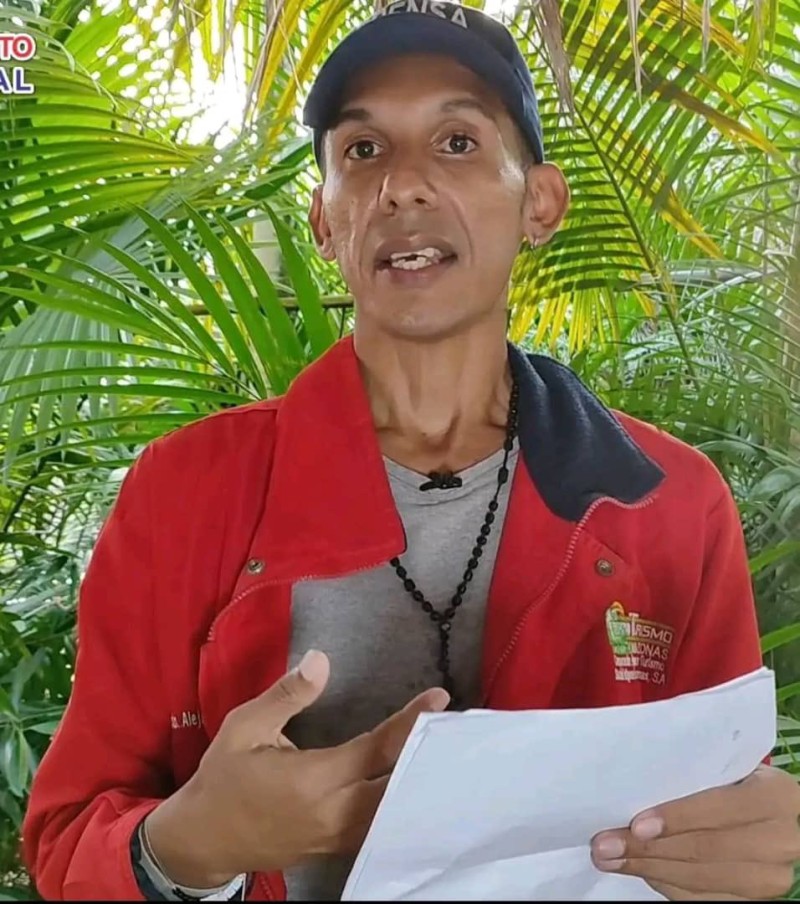The National Union of Press Workers of Venezuela, the Press and Society Institute of Venezuela, and Espacio Público Association reported that the journalist was allegedly arrested on September 8.
According to information received by Espacio Público, he was transferred to Puerto Ayacucho and is at the headquarters of the Bolivarian National Police awaiting presentation to a judge. Details of the arrest and the entity that executed it are unknown.
Colleagues from Amazonas expressed their concern for the journalist in a press release and called on the judicial bodies to safeguard his integrity and human rights and, in the event of a criminal charge, to guarantee a fair trial.
The number of violations of freedom of expression in Venezuela is growing, and until now, 261 cases have been recorded.
"In August, we recorded an increase of more than double the number of cases of violation of freedom of expression in Venezuela compared to July. In total, we detected 16 cases and 27 violations, with censorship and intimidation being the most common (10 each in the month)," reported the Espacio Público Association.
Acosta was covering illegal mining in Cerro Yapacana, in the Amazonas, and the Autana Military Operation that has been targeting illegal mining since July.
So far, 11,546 illegal miners have been evicted as a result of this operation, said the Strategic Operational Commander of the Bolivarian National Armed Forces on Sunday. However, research media and non-governmental organizations are concerned about the real effectiveness of the measure and its social and environmental consequences.
The problems of illegal mining in the triple Amazonian border between Colombia, Peru, Brazil, and Venezuela are numerous. Among these countries, Venezuela is the second one with the most illegal mines, and Yapacana National Park is the largest mining area in the region.
Criminal networks work and intertwine there, including the dissidents of the Revolutionary Armed Forces of Colombia-People's Army, the Colombian National Liberation Army, and The First Capital Command (Primeiro Comando da Capital - PCC) from Brazil.



